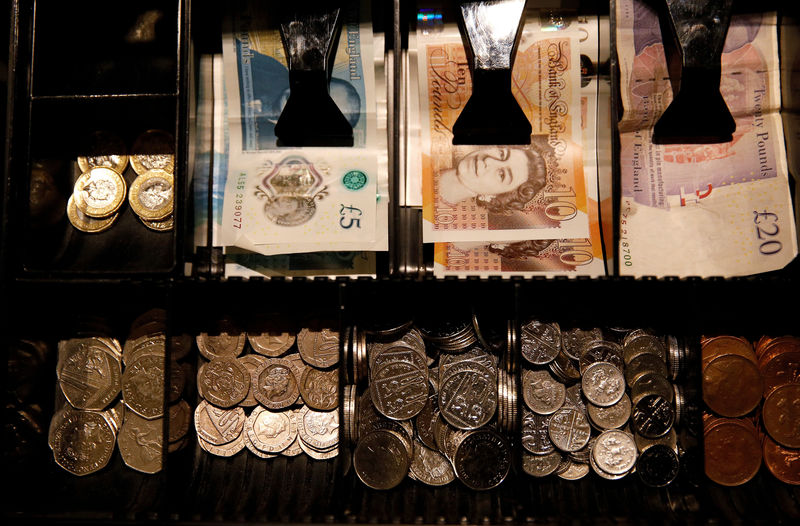German construction sector still in recession, civil engineering only bright spot
Investing.com -- The United Kingdom (TADAWUL:4280)’s gross domestic product declined by 0.3% in April, according to data released Monday, adding pressure to the British pound as investors reassess the Bank of England’s interest rate trajectory.
The GDP contraction follows softer wage data published earlier in the week, building a stronger case for the central bank to begin cutting interest rates. The pound weakened against the euro following the economic release, with the EUR/GBP exchange rate approaching the 0.8500 level.
ING economist James Smith described the April figure as "a bit of a disappointing UK April GDP figure," though noted it wasn’t entirely unexpected given recent volatility in economic data. Smith pointed to a "frontloading effect" where manufacturing surged in February but has since unwound, contributing to the monthly decline.
The bank now projects second-quarter growth will likely register between 0.1% and 0.2%, a significant slowdown from the 0.7% expansion recorded in the first quarter. ING also highlighted mounting skepticism about the reliability of recent economic figures, noting a pattern where first-half growth has consistently outperformed second-half results for three consecutive years despite seasonal adjustments.
ING forecasts the euro could strengthen further against the pound in coming months, potentially reaching 0.8550 and 0.8600 levels, driven by a "building narrative of wider eurozone versus UK policy rate spreads" as the European Central Bank nears the end of its easing cycle while the Bank of England may accelerate its rate cuts.
This article was generated with the support of AI and reviewed by an editor. For more information see our T&C.
